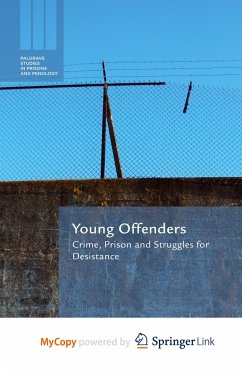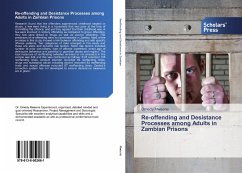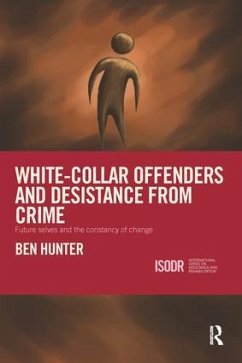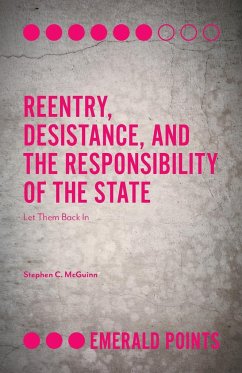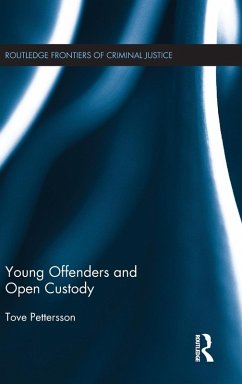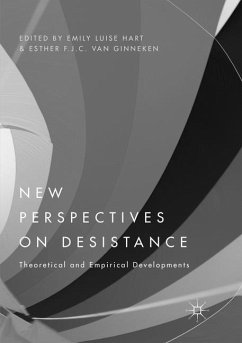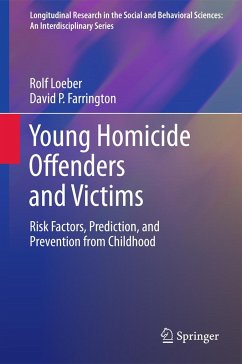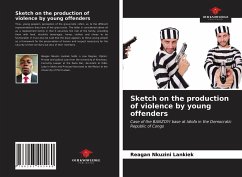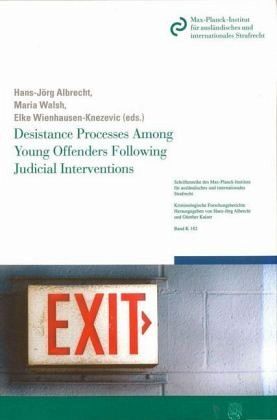
Desistance Processes Among Young Offenders Following Judicial Interventions.
Versandkostenfrei!
Versandfertig in 6-10 Tagen
32,00 €
inkl. MwSt.

PAYBACK Punkte
0 °P sammeln!
The idea for this book originated from a workshop on »Desistance Processes among Young Offenders following Judicial Interventions« held at the Max Planck Institute for Foreign and International Criminal Law (MPICC) in Freiburg. Over the past three decades, there has been growing scientific interest in the discussion of why and how offenders desist from crime. Despite various approaches regarding the understanding of what is important for cessation of criminal careers, there is little consensus among professionals working in this area. However, there is basic consensus on the assumption that ...
The idea for this book originated from a workshop on »Desistance Processes among Young Offenders following Judicial Interventions« held at the Max Planck Institute for Foreign and International Criminal Law (MPICC) in Freiburg. Over the past three decades, there has been growing scientific interest in the discussion of why and how offenders desist from crime. Despite various approaches regarding the understanding of what is important for cessation of criminal careers, there is little consensus among professionals working in this area. However, there is basic consensus on the assumption that external and internal factors are equally important for rehabilitation. Hence, interdisciplinary empirical approaches to desistance stress the importance of an integrated analytical framework.This book provides insight into how young offenders experience judicial interventions and elucidates pathways towards desistance. The papers, written by twelve European experts in the field, represent different theoretical and methodological approaches. Empirical research findings as well as fieldwork experiences of practitioners working with young delinquents are presented. They reflect the diversity of the current European research on the phenomenon of desistance from crime.
Dieser Artikel kann nur an eine deutsche Lieferadresse ausgeliefert werden.



